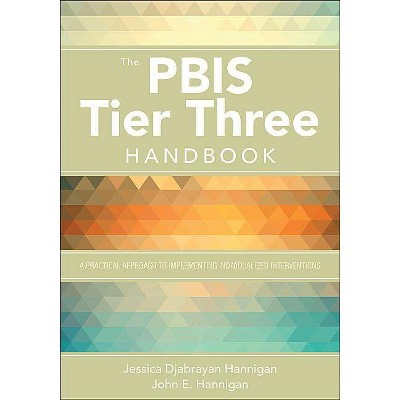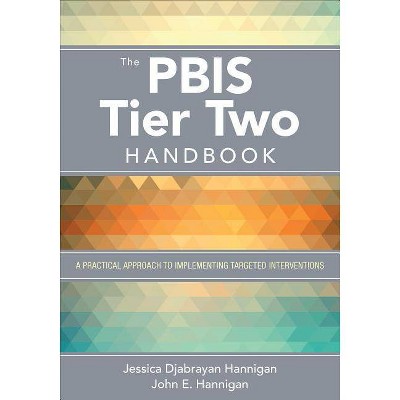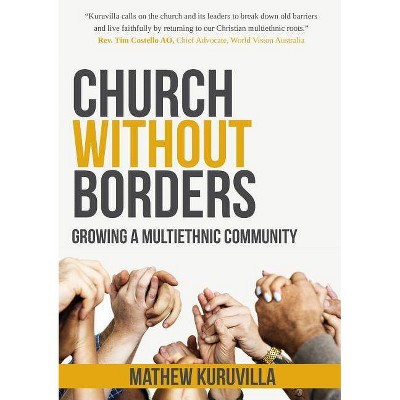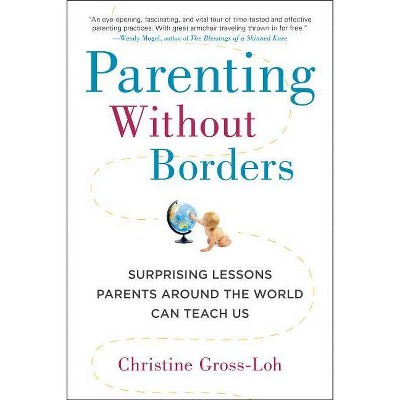Disasters Without Borders - by John Hannigan (Paperback)
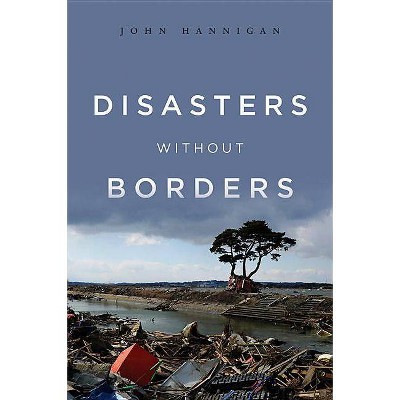
Similar Products
Products of same category from the store
AllProduct info
<p/><br></br><p><b> About the Book </b></p></br></br>Disasters without Borders is the first comprehensive analysis of the key milestones, debates, controversies relating to the international politics of natural disasters. In it, John Hannigan highlights the ongoing mismatch between the way disaster has been conceptualised and the institutional architecture in place to manage it.<p/><br></br><p><b> Book Synopsis </b></p></br></br>Dramatic scenes of devastation and suffering caused by disasters such as the 2011 Japanese earthquake and tsunami, are viewed with shock and horror by millions of us across the world. What we rarely see, however, are the international politics of disaster aid, mitigation and prevention that condition the collective response to natural catastrophes around the world. In this book, respected Canadian environmental sociologist John Hannigan argues that the global community of nations has failed time and again in establishing an effective and binding multilateral mechanism for coping with disasters, especially in the more vulnerable countries of the South. Written in an accessible and even-handed manner, Disasters without Borders it is the first comprehensive account of the key milestones, debates, controversies and research relating to the international politics of natural disasters. Tracing the historical evolution of this policy field from its humanitarian origins in WWI right up to current efforts to cast climate change as the prime global driver of disaster risk, it highlights the ongoing mismatch between the way disaster has been conceptualised and the institutional architecture in place to manage it. The book's bold conclusion predicts the confluence of four emerging trends - politicisation/militarisation, catastrophic scenario building, privatisation of risk, and quantification, which could create a new system of disaster management wherein 'insurance logic' will replace humanitarian concern as the guiding principle. <i>Disasters Without Borders</i> is an ideal introductory text for students, lecturers and practitioners in the fields of international development studies, disaster management, politics and international affairs, and environmental geography/sociology.<p/><br></br><p><b> Review Quotes </b></p></br></br><br>It has been a while since I have read a book in one sitting. Disasters Without Borders hit that mark. This fluent, critical and accessible book, provides a wealth of detail and insight into the political and social pressures that shape discourse, international organisation and policy for disaster management. A strongly recommended text for students of humanitarianism, disaster risk management and international development policy, and a wake-up call for practitioners. Mark Pelling, King's College London This volume highlights the interplay of normative, political and institutional factors steering how we conceptualise and respond to disasters. As such it provides readers with an understanding of how actors at different levels actually make sense of disasters, a perspective that is rarely explored in the current literature Ian Christoplos, Danish Institute for International Studies<br><p/><br></br><p><b> About the Author </b></p></br></br>John Hannigan is a Professor of Sociology at the University of Toronto.
Price History
Price Archive shows prices from various stores, lets you see history and find the cheapest. There is no actual sale on the website. For all support, inquiry and suggestion messages communication@pricearchive.us

